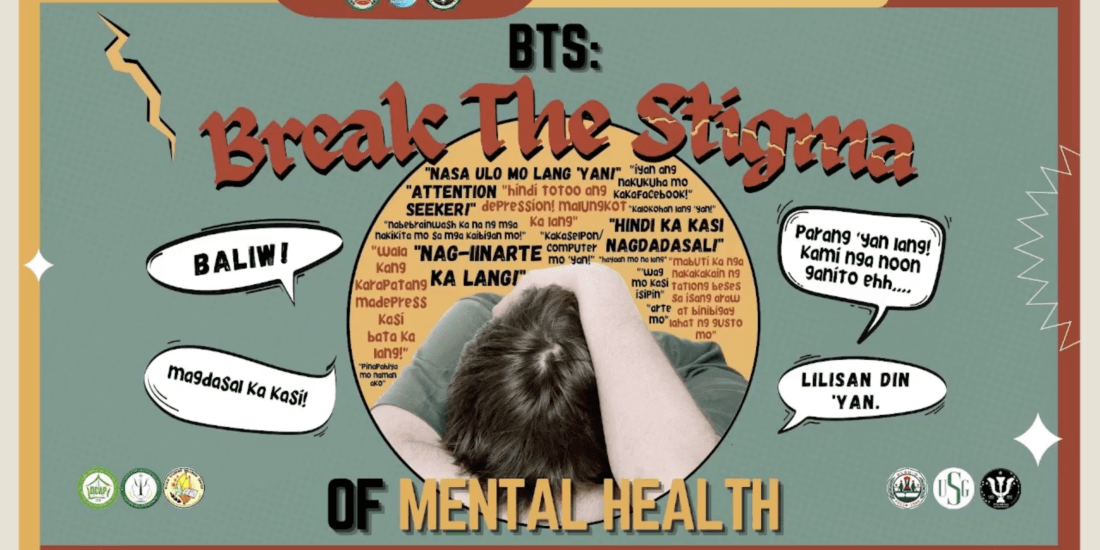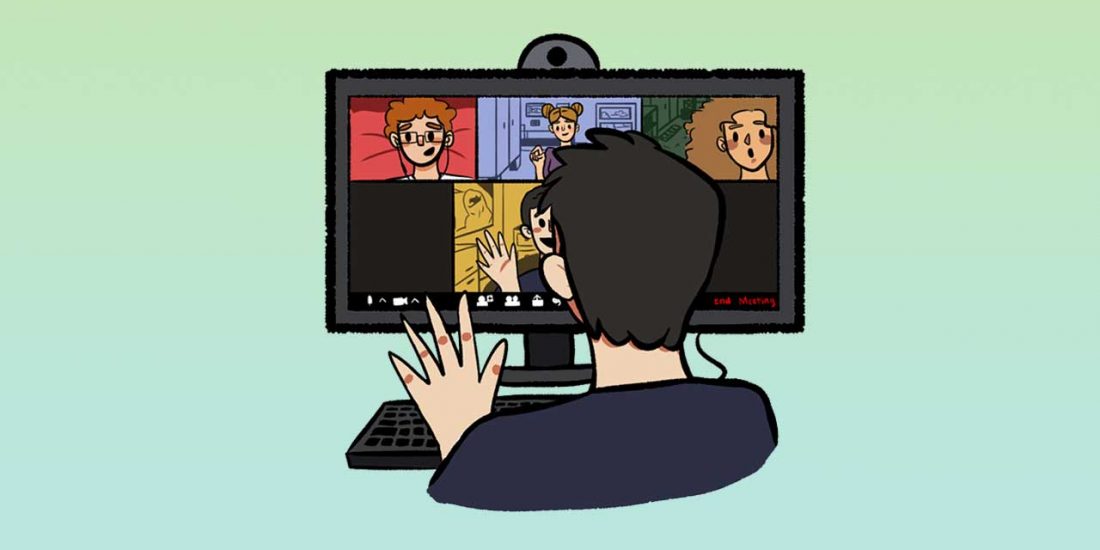Why it’s okay not to be okay
To start, we never really understand ourselves. We’re ironic that way––ambitious, yet fearful of leaving our comfort zones while wasting each second staring at the ceiling of our cold rooms. We love to learn about the intricacies of strangers, but we refuse to let our guard down thinking that people will only leave us behind; and we’ve all once been that person who believes that everything is going to turn out okay at the end, but time turns us into the kind of person we never thought we’d become—proving that we never really understood ourselves in the first place.
***
After hours of staring blankly at a new document of Microsoft Word page, I finally got the focus to capture my thoughts and write mu last column for the year. Honestly, it’s not easy to write this piece, cutting myself open, exposing my naked self to the readers and hoping they see a faint light of hope in my words—words that remain unspoken in the crevices of each of our minds.
See, the older we get, the more we realize how much we don’t know—about the world, about people, and about ourselves most of all. We come to a point where we try to pretend to be normal—to be fine—because we assume that anything else will only bother the people around us, but in reality, it’s simply going to lead us to the delusive and isolated bubble of pretending that you’re never allowed to not be okay––to be sad, to be out of yourself, unknowing that this may be the path to the person you want and need to be. Honestly, we all have our own problems and issues to deal with. The only thing that differentiates us is who is better at concealing it.
When we finally realize that we’re not okay, then we’ve taken the first step toward actually being okay.
On Mental Health on The Mighty, a Psychology-centered page said in one of its articles that waking up tired even after lying in bed all day is not only a sign of being physically tired, but being mentally tired as well. This can give you a sense of déjà vu as, more or less, you have experienced this once or twice during those middle of the night breakdowns when finishing a requirement due in the next few hours. Whether the cause of our emotional drainage is academic burnout of adolescent existential crisis, it’s still no easy task to realize how far we’ve sunk.
Truth be told, there are times where we need to fall and bump our heads—or just crash and burn—to simply feel again We can be sad if we want to, we can cry if we feel like our eyes can’t take it anymore, we don’t have to be okay––and there’s nothing wrong with that. We’re told to always tell the truth, myself especially being a student journalist, but rarely are we taught to apply this to ourselves. There are times where we must quit being dishonest to ourselves and admit that everything is not fine because when we start telling ourselves that there is nothing wrong with being a little bit fragile and when we finally realize that we’re not okay, then we’ve taken the first step toward actually being okay.
But here’s the plain and harsh truth: we are probably never going to be always okay, but we will always bounce back—and that’s what’s going to matter the most in the end.





